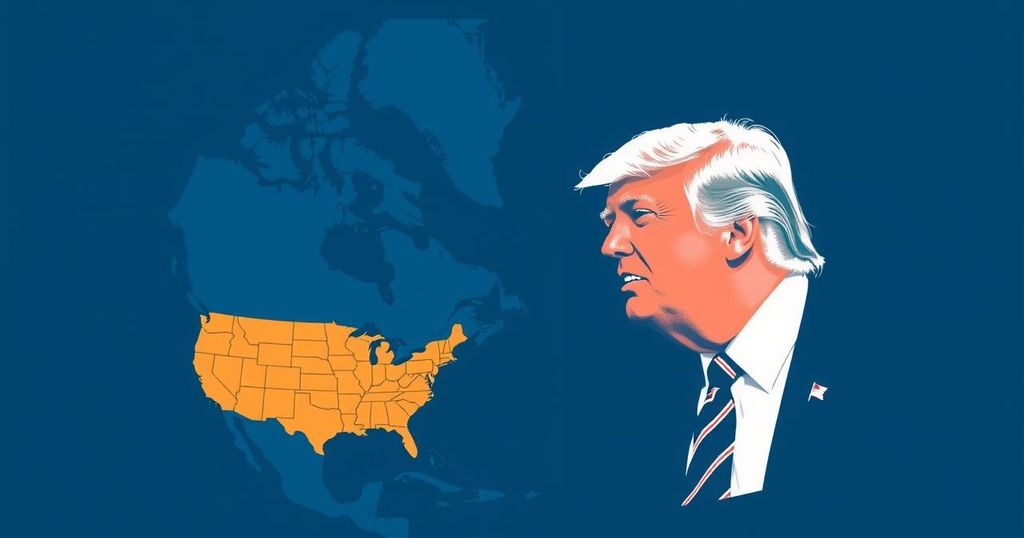Donald J. Trump has reignited his criticisms of foreign companies during his campaign, specifically targeting Komatsu for its supposed unfair advantages linked to currency valuation. This renewed scrutiny has led companies to adapt their investment strategies in the U.S. to cultivate favorable relations amid trade concerns.
As the upcoming presidential election draws closer, businesses once again find themselves under scrutiny from Donald J. Trump regarding international trade practices. He has resumed his critiques of companies, particularly targeting foreign firms like Komatsu, known for its construction machinery. Mr. Trump’s comments during his 2016 campaign had already raised eyebrows, notably when he pointed out unfair advantages stemming from foreign currency valuations. Following his election victory, Komatsu aimed to improve relations with the Trump administration, investing heavily in the U.S. market. Nonetheless, Trump has reiterated accusations against the company, attributing its market position to the perceived weakness of the Japanese yen, which he claims hinders competitiveness for American manufacturers in the construction equipment sector.
The article discusses the ongoing challenges and responses faced by companies regarding trade issues highlighted by Donald Trump. As a former president and current candidate, Trump has consistently focused on perceived trade inequities, particularly involving Asian manufacturers. This context is crucial as companies like Komatsu navigate the impacts of these political discourses while attempting to enhance their standing in the U.S. market. The economic ramifications of currency valuations play a pivotal role in Trump’s critiques, emphasizing his administration’s focus on American manufacturing interests.
In conclusion, Donald Trump’s renewed focus on foreign companies, particularly Komatsu, underscores the lasting impact of his trade policies from previous campaigns. The pressures from Trump have compelled companies to adapt their strategies, as they seek alignment with U.S. economic interests amidst political scrutiny over trade fairness. As the electoral landscape continues to evolve, businesses must remain vigilant and responsive to the dynamics of international trade discussions.
Original Source: www.nytimes.com

Leave a Reply